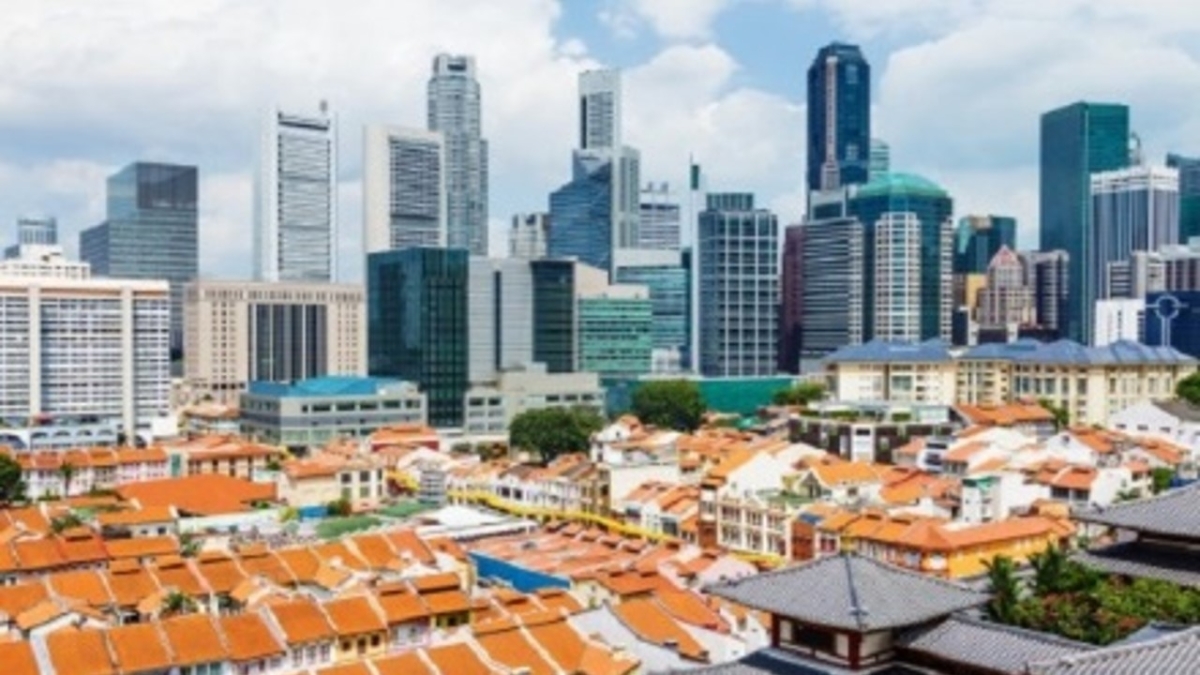
Gov't to shift towards medium-term challenges with budget 2022: Fitch
The budget also confirms the substantial progress towards fiscal consolidation in FY21.
The budget policy presented by the Singapore government was seen as a shift towards medium-term challenges to growth and public finances, Fitch Ratings said.
Minister of Finance Lawrence Wong confirmed an increase in the goods and services tax, from 7% to 8% from January 2023 and again to 9% from 2024, as part of a longer-term effort to raise revenues in order to offset spending pressures associated with demographic ageing.
Read more: Singapore Budget 2022: GST hike delayed, carbon tax raised
"The increase has been staggered to dampen associated inflationary pressure. There were also significant increases in wealth taxes on property and cars, and a rise in the top marginal rate of personal income tax, to mitigate social inequality. In addition, carbon taxes may rise from the current $5 per tonne to $50-$80 per tonne by 2030 as the government looks to decarbonise the economy,” commented Fitch Ratings, Sovereigns Director Sagarika Chandra.
Based on Fitch Ratings' latest analysis, the metric is in line with the government’s expectations of 3% to 5% growth.
Risks, however, will be higher compared to the previous years, with the Monetary Authority of Singapore (MAS) pre-emptively tightening monetary policy last January.
Despite this, however, MAS still sees headline inflation to hover around 2.5% to 3.5%, similar to the group’s median forecast of 2.3% for AAA economies.
Singapore, in particular, also fell under the AAA rating. According to the research, this reflects strong external and fiscal balance sheets, high per capita income, a favourable business environment and a sound macroeconomic policy framework.
A slower pace of additional fiscal consolidation is also expected, as the government projected a deficit of 0.5% of GDP.
























 Advertise
Advertise






